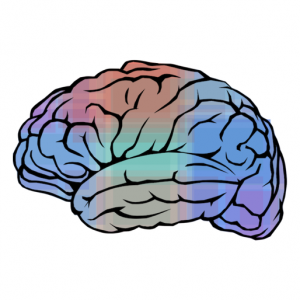
We saw this swan by a fountain in Versailles.
Three thoughts came to mind:
1: “I should get a picture.”
2: “I shouldn’t get that close, because I remember reading about some rowing team in Ireland who completely aborted their run because of a swan – apparently they’re no joke.”
3: “It’s been too long since I’ve watched Hot Fuzz, and I’m overdue.”
A fourth thought came looking at this picture:
“What was The Ugly Duckling really about?”
I read a summary of the tale today and found this a relatable angle:
The ugly duckling, now having fully grown and matured, is unable to endure a life of solitude and hardship any more and decides to throw himself at the flock of swans deciding that it is better to be killed by such beautiful birds than to live a life of ugliness and misery.
Not many of us grow up fully knowing that 1) why we’re different, and 2) we’re autistic.
I remember weeping out of frustration in my younger days and wishing the most bizarre of things: to be normal. I couldn’t define why I was different; I only began to realize that I was — long after I felt it. The teasing, the slip ups, the profound loneliness and helplessness of not being able to connect to or with others.
Only recently do more kids and people get an idea early on about their difference being defined. But it can beg a sobering question:
If I’m different from ‘normal’ people, who am I not different from?
If I’m never going to be a duck, then where are the swans?
Thanks to the great and perilous internet, we’re finding each other, these pockets of tribes, the others out there who have long been the others of everyone else. Still:
There’s a human need for connection, but our most similar connections are among those who can find it hard to connect.
Almost like the swans in Andersen’s tale, we’ll be welcoming even if we’re awkward together; it’s not like everyone on the spectrum has some secret wavelength that allows us to be more at ease with each other.
In fact, sometimes it’s trickier — I’ve spent so much time adapting to neurotypical people that I almost have to think harder to adjust and be mindful when I’m interacting with others on the spectrum, as odd as that sounds.
So with swans, ducks, birds of every feather, we still often struggle as the odd, lonely birds, no matter which flock.

Really lovely post H2. Awareness, compassion, and empathy will grow us all closer together.
If you intended to make that fit a acronym, you ACE’d it. 😀